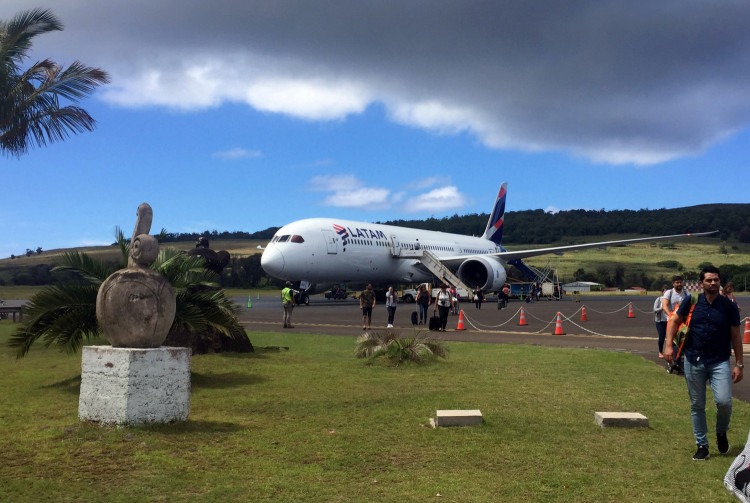Following the Boeing bombshell reported by The New York Times over the weekend, it has been confirmed that the Federal Aviation Administration (FAA) received almost a dozen whistleblower complaints regarding alleged manufacturing practices at the company's South Carolina 787 Dreamliner factory.
CBS News confirmed that the FAA had to deal with whistleblower complaints about the South Carolina factory that manufactured Boeing's now controversial 787 Dreamliner models.
The complaints that go as recent as 2017 reportedly expressed worries about the 787 jets' manufacturing processes, seemingly echoing the Times report that indicated debris and equipment were found on Dreamliners manufactured in the South Carolina plant. The FAA has yet to respond to this report.
The outlet stated that in 2017, the FAA discovered metal shavings in a couple of Dreamliners that were previously cleared as debris-free. A former member of the National Transportation Safety Board, John Goglia, noted that such types of debris could "cut through the insulation of the wire and cause a short circuit or a fire."
It was further revealed that the U.S. Air Force decided to halt reception of 767-based refueling planes after it found "foreign object debris" on the jets. Both Boeing and the Air Force said the issue has been settled.
Despite increased scrutiny over a second Boeing jet, five airliners told the news provider that it is not uncommon to find debris or food on new planes even if it shouldn't happen. They said they are still confident in 787 Dreamliner jets.
During the weekend, the Times published a story on the issues that Boeing's South Carolina employees faced. In the report, it was revealed that the factory's workers were pressured into prioritizing speed of production of quality and safety.
Boeing has since dismissed the allegations, stating that the Times reported rehashed old accounts and "distorted" its story. The company also said it's South Carolina factory focused on quality and security measures during production.
The latest claims came in the midst of Boeing's efforts in getting its 737 Max on the air again. The said models were grounded by regulators and airlines across the world after a Lion Air and Ethiopian Airlines in October and March respectively took the lives of 346 people.
Following last month's tragedy, Boeing decided to cut production on its 737 Max models. An international joint panel is set to review the jetliners' initial certification and how it passed FAA regulations before the crashes took place.
A total of nine countries and a number of aviation agencies have pledged to join the probe. Industry analysts and experts from NASA and the FAA will also join the investigations.





